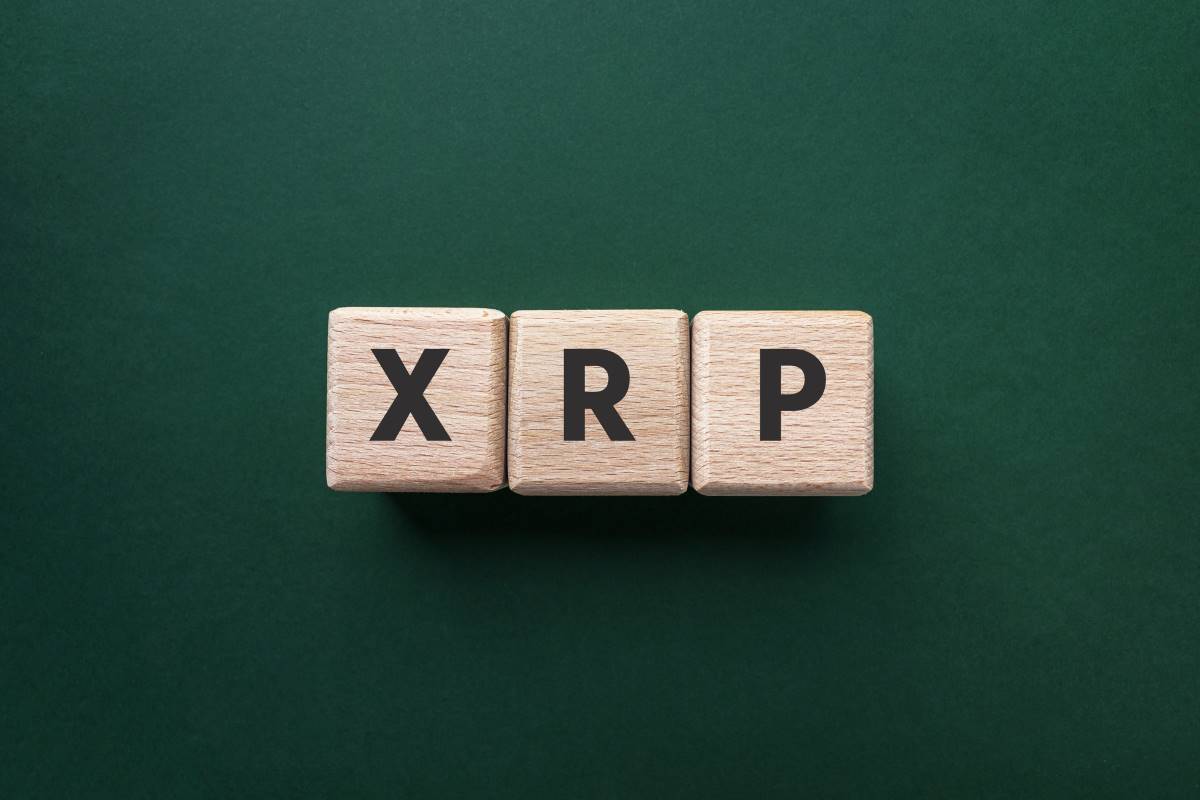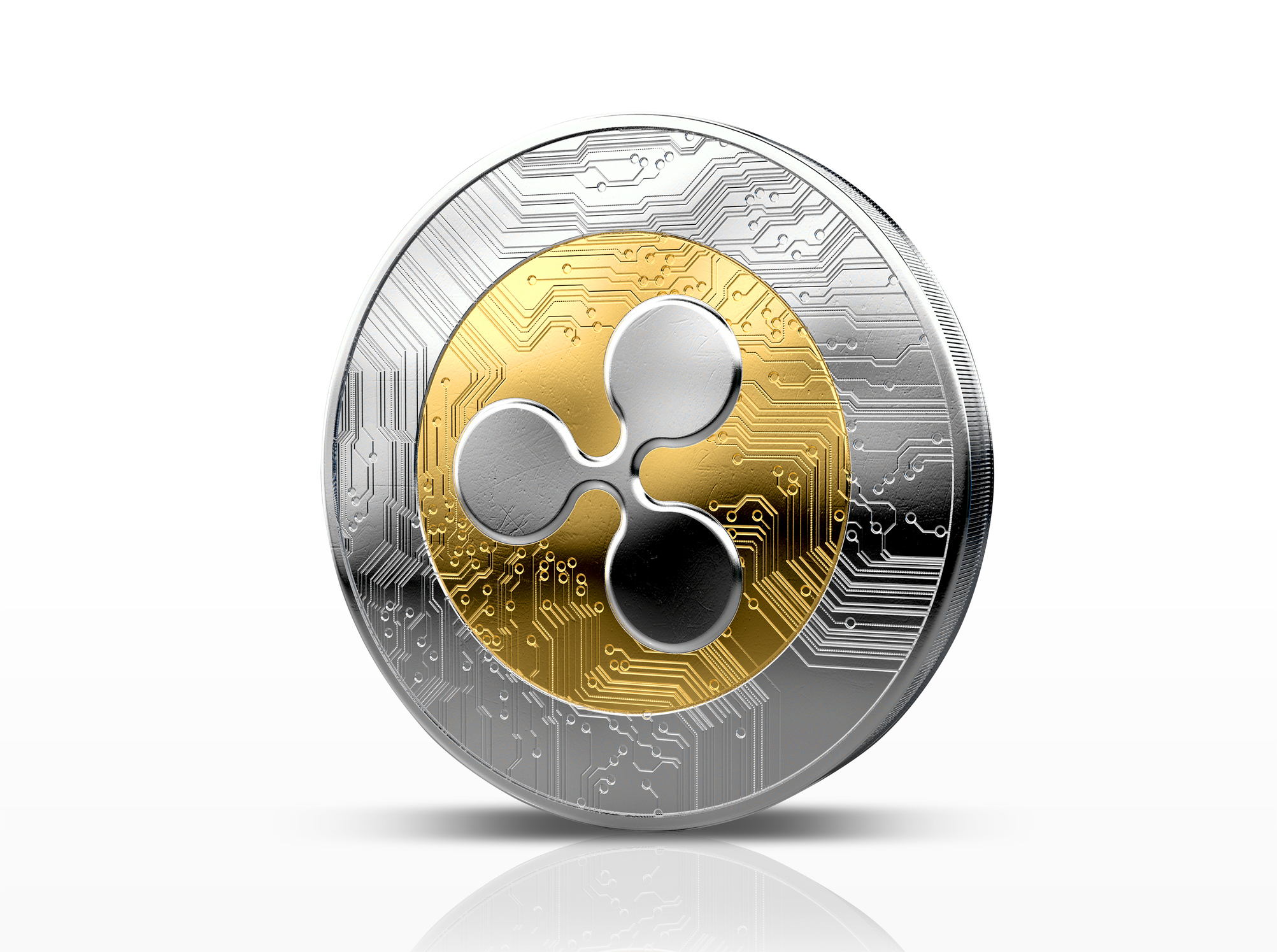Ripple Labs is the financial technology company behind the popular cryptocurrency XRP (XRP -0.33%), sometimes called Ripple. The company uses XRP as a bridge currency to help facilitate cross-border payments and foreign exchange transactions.

Ripple got into legal trouble with the Securities and Exchange Commission (SEC), which, in 2020, alleged the company was selling its XRP cryptocurrency to investors as an unregistered security. They agreed to end their dispute in August 2025, with Ripple paying a $125 million fine.
Those legal troubles had been holding Ripple Labs back from completing its initial public offering (IPO). With its legal issues now in the rearview mirror, Ripple Labs could finally move forward with its long-awaited IPO.
IPO
Ripple's focus on using cryptocurrency to help improve the speed of cross-border payments has investors eagerly anticipating its IPO. Here's a guide to everything you need to know about the company ahead of its eventual IPO and how to invest in stocks like Ripple.
Is Ripple publicly traded?
Ripple Labs, the technology company behind the Ripple payment protocol, isn't publicly traded. However, the company's cryptocurrency, XRP, trades freely on cryptocurrency exchanges.
When will Ripple IPO?
As of late 2025, Ripple didn't have an IPO on the calendar. However, with its issues with the SEC now resolved, the company could start pursuing an IPO, which could come as early as 2026.
Ripple Labs has been building a stronger company over the past year. In April 2025, it bought prime brokerage Hidden Road for $1.3 billion to strengthen its position as the leading blockchain for institutional decentralized finance (DeFi). Ripple also bought stablecoin payments platform Rail for $200 million in August 2025. Going public could provide Ripple with more flexibility to pursue additional acquisitions.
How to buy Ripple stock
You can't buy shares of Ripple Labs in a brokerage account yet because it's not publicly traded. However, people interested in the financial technology (fintech) company have alternatives they can consider while awaiting its IPO. Here are three Ripple investment alternatives.
Fintech
3. Circle Internet Group
Circle (CRCL -1.49%) is a global fintech company. The company issues a stablecoin, USDC (USDC -0.06%), that maintains a 1:1 value with the U.S. dollar. Circle was the first stablecoin issuer to go public when it completed its IPO in 2025.
People who want to buy one of these Ripple alternatives can purchase shares in any brokerage account. Here's a step-by-step guide to investing in these fintech companies:
- Step 1: Open your brokerage app. Log in to your brokerage account where you handle your investments.
- Step 2: Search for the stock. Enter the ticker or company name into the search bar to bring up the stock's trading page.
- Step 3: Decide how many shares to buy. Consider your investment goals and how much of your portfolio you want to allocate to this stock.
- Step 4: Select order type. Choose between a market order to buy at the current price or a limit order to specify the maximum price you're willing to pay.
- Step 5: Submit your order. Confirm the details and submit your buy order.
- Step 6: Review your purchase. Check your portfolio to ensure your order was filled as expected and adjust your investment strategy accordingly.
Shareholder
Is Ripple profitable?
The privately held Ripple doesn't need to disclose its financial results publicly, so there is no publicly available information on its revenue or profitability. The company's primary funding source has been selling XRP cryptocurrency, which has brought in cash.
At one point in 2024, the company held more than $1 billion in cash and more than $25 billion in crypto (mostly XRP). It was using some of the cash from XRP sales to buy back shares of Ripple Labs from early investors to provide them with liquidity. The company's financial position was strong enough that CEO Brad Garlinghouse highlighted it as a reason why going public wasn't a high priority.
In addition, the company makes money on transaction fees. XRP is primarily used as a bridge currency to facilitate foreign exchange transactions quickly.
People interested in investing in the eventual Ripple IPO should carefully evaluate its financial statements when they become publicly available. Potential investors will want to see the company's revenue growing rapidly with at least a line of sight to future profitability.
Should I invest in Ripple?
Ripple Labs isn't publicly traded, so investors can't buy shares yet, which gives them plenty of time to research the company while deciding whether they want to buy shares when it goes public. Here are some factors that could lead you to buy shares when Ripple goes public:
- You use XRP or other cryptocurrencies and want to invest in the company behind this technology.
- You believe XRP will play an important role in foreign currency transactions in the future.
- You understand the risks, including that IPO stocks can be volatile and lose money.
- You think Ripple can deliver strong revenue and earnings growth in the future.

On the other hand, here are some factors that might lead you to be against buying Ripple's IPO:
- You don't understand what the company does or how it makes money.
- You don't use or own cryptocurrency.
- You don't like that Ripple uses XRP sales to fund its business and generate revenue for the company.
- You don't want to invest in volatile stocks, which will likely be the case for Ripple stock when it completes its IPO.
ETFs with exposure to Ripple
Since Ripple is still a private company, investors can't get passive exposure to it through an exchange-traded fund (ETF).
Exchange-Traded Fund (ETF)
The bottom line on Ripple
Ripple is working to blaze new trails through its XRP cryptocurrency to help facilitate cross-border and foreign exchange transactions that could enable the company to generate lots of fees in the future.
Now that the uncertainty surrounding its SEC issues has cleared, the company could go public soon. That would spur more widespread use of XRP and drive up the value of Ripple and its cryptocurrency.


























